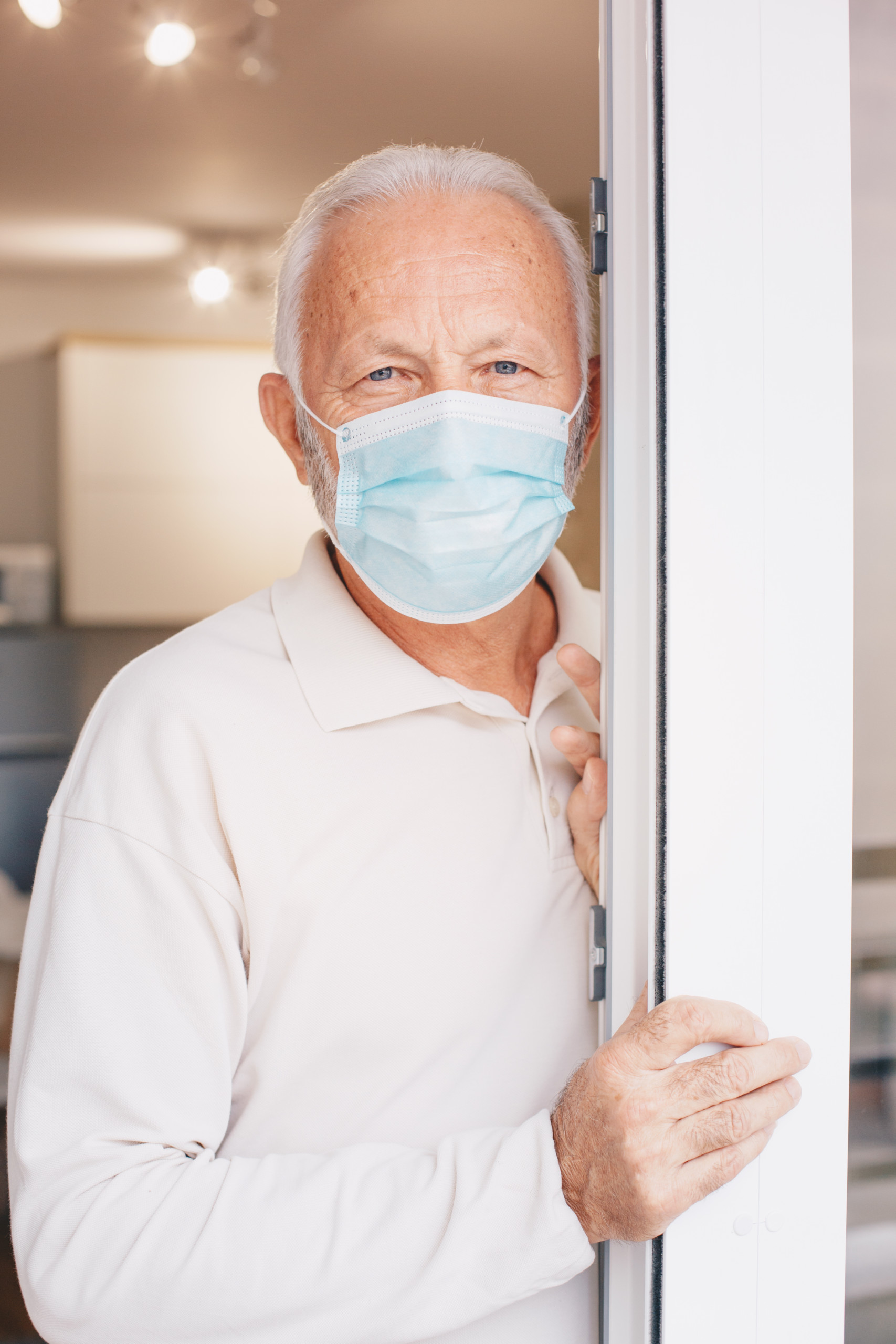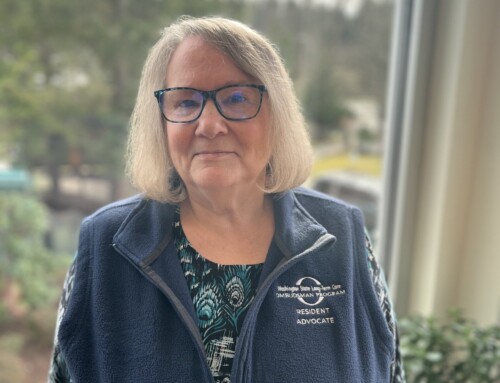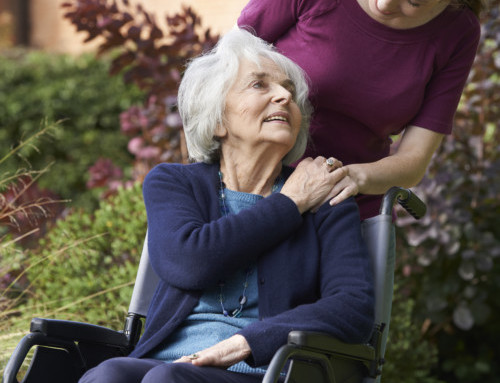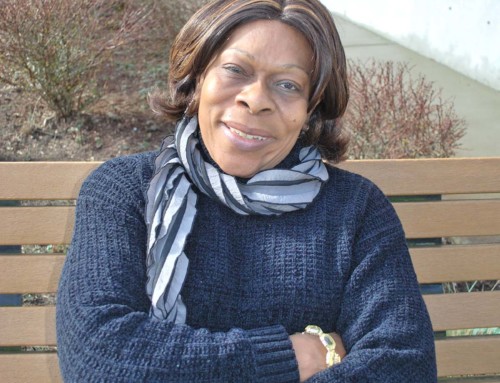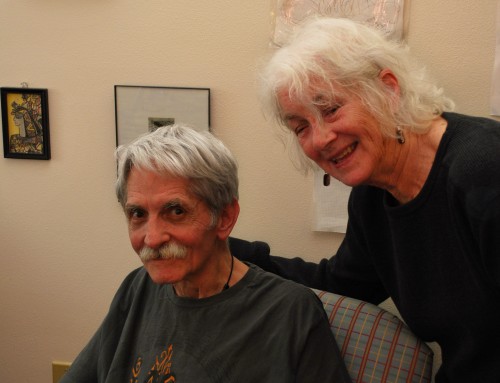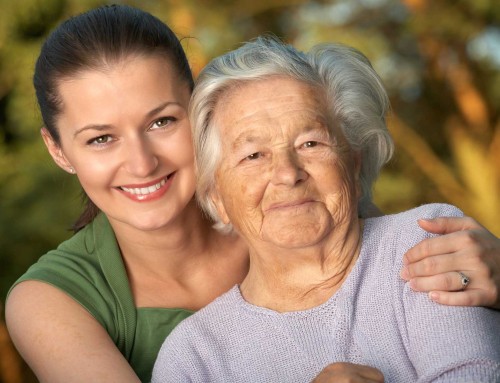When COVID19 first made headlines with its arrival in the United States, it was in our backyard at a long-term care facility in Kirkland. The impact of the pandemic on long-term care residents has been significant. MSC’s Washington State Long-Term Care Ombudsman Program has been a vital partner in addressing this impact.
Long-Term Care Ombuds advocate for residents of nursing homes, adult family homes, and assisted living facilities. Their purpose is to protect and promote the rights guaranteed these residents under Federal and State law and regulations. One of these resident rights includes the right to communicate and interact with their community.
“We’ve seen that isolation has had significant impact on residents in long-term care facilities,” shares Vicki Elting, Assistant State Long-Term Care Ombuds. “Isolation is tragic to the psyche, depression rates are up. Some have shared that they no longer want to live.”
Some residents went from family members visiting every day to no contact at all, even with other residents, as facilities were under strict social distancing guidelines. A University of Washington report found that social isolation creates a “double pandemic” that disrupts care and exacerbates the difficulties of dementia, depression, suicide risk, chronic health conditions, and other challenges faced by long-term care residents.
“We soon discovered that many residents didn’t have access to a phone, even a landline, on any sort of regular basis. Often there was only access to a community phone that was shared by multiple residents,” shares Vicki. “Residents were not able to call out and family members were unable to call in, increasing the isolation even further.”
The Ombuds responded to this by providing resources and advocating for change at the legislative level. Through a grant, the Ombuds have purchased around 800 tablets and distributed them in facilities throughout Washington State, with more on the way. On the legislative level, Ombuds were integral in advocating for the introduction of HB 1218 for improving the health, safety, and quality of life for residents in long-term care facilities to address this need, among other needs. The bill specifically calls for individual phone connections for residents be made available.
“We know Ombuds visits to facilities mean a lot to residents, but the pandemic has made us truly understand how vital that human connection is to residents,” shares Vicki.

